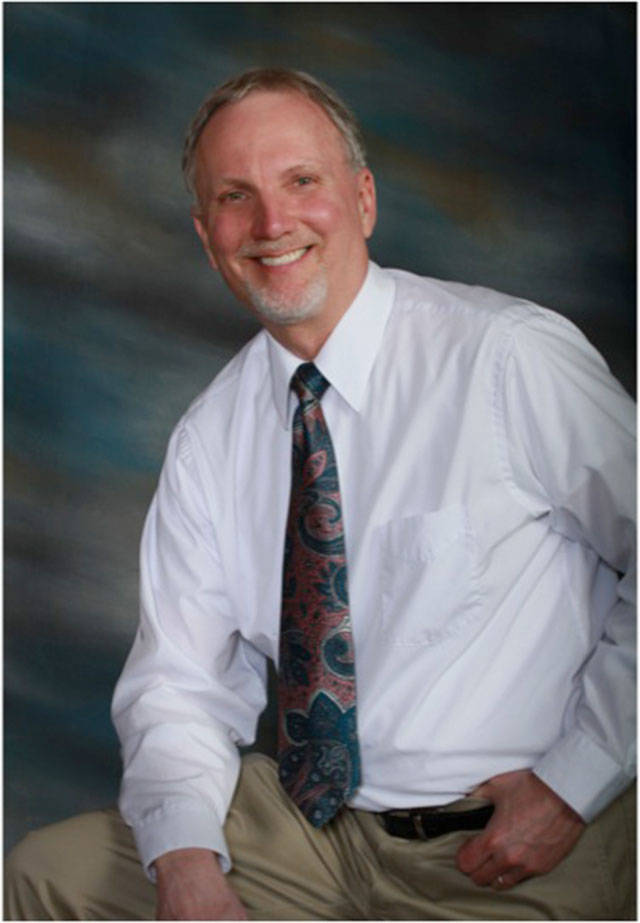Finally, one branch of the national government has acted with sense and reason! The recent Supreme Court decision in Masterpiece Cakeshop vs. Colorado Civil Rights Commission was a victory for sanity and moderation in a polarized and divided nation and government.
The Court voted 7-2 to acquit James Phillips, a devout Christian, and his Lakewood, Colorado, Masterpiece Cakeshop of violating a gay couple’s equal rights protections. Phillips had refused to bake a wedding cake for a gay wedding on religious grounds. The Colorado Civil Rights Commission sued Phillips’ bakery business for violating the civil rights of the gay couple.
The Court decision was not based on the issue of who was right or who was wrong or whether the 14th Amendment’s equal protection clause trumps the First Amendment freedom of religion clause. It made a very narrow decision based on the assertion that at least two members of the Colorado Civil Rights Commission were openly hostile to religion. In one sense, the Court punted the decision down the road to yet other future court cases, but it also made a plea for tolerance and détente.
Here’s the majority’s wording from the 59-page decision: “While it is unexceptional, Masterpiece Cakeshop Ltd. v. Colorado Civil Rights Commission’s Syllabus that Colorado law can protect gay persons in acquiring products and services on the same terms and conditions as are offered to other members of the public, the law must be applied in a manner that is neutral toward religion” (boldface emphasis mine).
The Court accepted Phillips’ attorney’s argument that baking cakes is actually an example of free expression, not just religious freedom. Someone cannot be forced to speak, nor to create a work of art. Doing so is in violation of the right of freedom of speech.
Here are the Court’s words written by Justice Kennedy: “To Phillips, his claim that using his artistic skills to make an expressive statement, a wedding endorsement in his own voice and of his own creation, has a significant First Amendment speech component and implicates his deep and sincere religious beliefs.” (https://www.supremecourt.gov/opinions/17pdf/16-111_j4el.pdf)
“As the record shows, some of the commissioners at the Commission’s formal, public hearings endorsed the view that religious beliefs cannot legitimately be carried into the public sphere or commercial domain, disparaged Phillips’ faith as despicable and characterized it as merely rhetorical and compared his invocation of his sincerely held religious beliefs to defenses of slavery and the Holocaust.” These comments were not objected to by other commissioners present.
The Court’s majority opinion is that, “For these reasons, the Commission’s treatment of Phillips’ case violated the State’s duty under the First Amendment not to base laws or regulations on hostility to a religion or religious viewpoint…. The inference here is thus that Phillips’ religious objection was not considered with the neutrality required by the Free Exercise Clause.”
Kennedy also stated: “Our society has come to the recognition that gay persons and gay couples cannot be treated as social outcasts or as inferior in dignity and worth.”
There were two dissenting opinions on this decision: Justice Ginsburg and Sotomayor, two of the four liberals on the Court. Ginsburg argued that the negative opinions toward religion expressed by two of the four Colorado commissioners should not be grounds to reverse the lower courts’ decisions.
“When a couple contacts a bakery for a wedding cake, the product they are seeking is a cake celebrating their wedding – not a cake celebrating heterosexual weddings or same-sex weddings – and that is the service Craig and Mullins (the gay couple) were denied.”
While the Court’s decision in the Masterpiece Cakeshop Case was narrow and was not meant to set precedents for future cases, it will have that effect.
There is currently a similar case in the pipeline: Arlene’s Flowers’ case from Washington state where a Richland florist, Barronelle Stutzman, was sued by Attorney General Bob Ferguson for refusing to do flower arrangements for a gay wedding. Her arguments are similar to Phillips’ and her attorney is Kristen Waggoner, Phillips’ attorney. The arguments of the Colorado Commission attorney are similar to Ferguson’s.
It was with a sense of relief and pleasure to see how the Supreme Court handled the Masterpiece Cakeshop case. Chief Justice Roberts was brilliantly able to move the Court from a right-left 5-4 stance to one where seven of the nine Supreme Court judges agreed there was a bigger issue: the 14th Amendment equal protection clause does not negate the First Amendment religious freedom clause. Americans need to learn to be tolerant of both gay marriages and religious freedom. If only the other two branches of the federal government could act with as much concern for the common good of all of its citizens!


